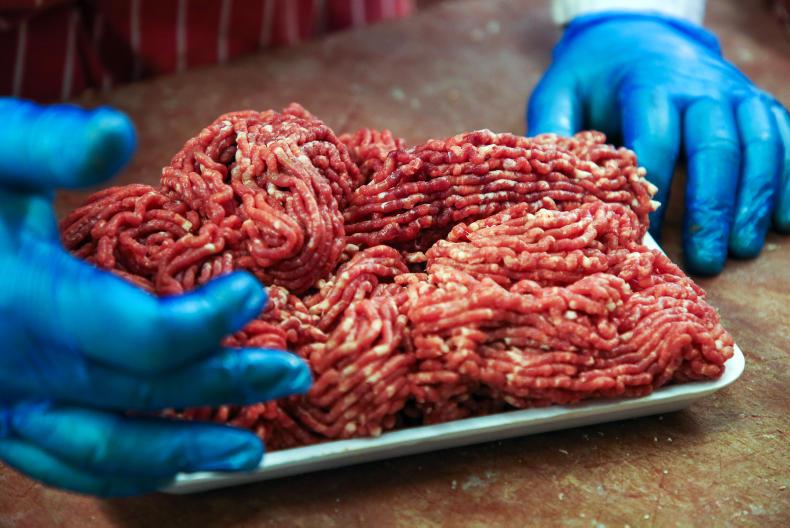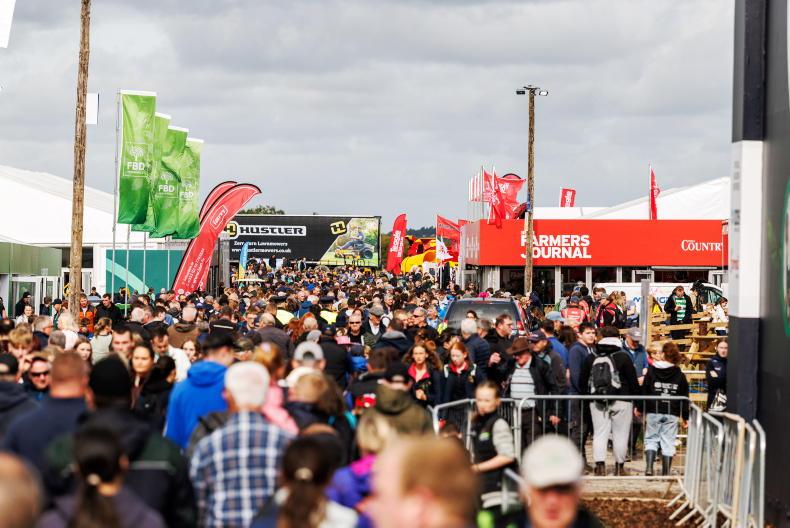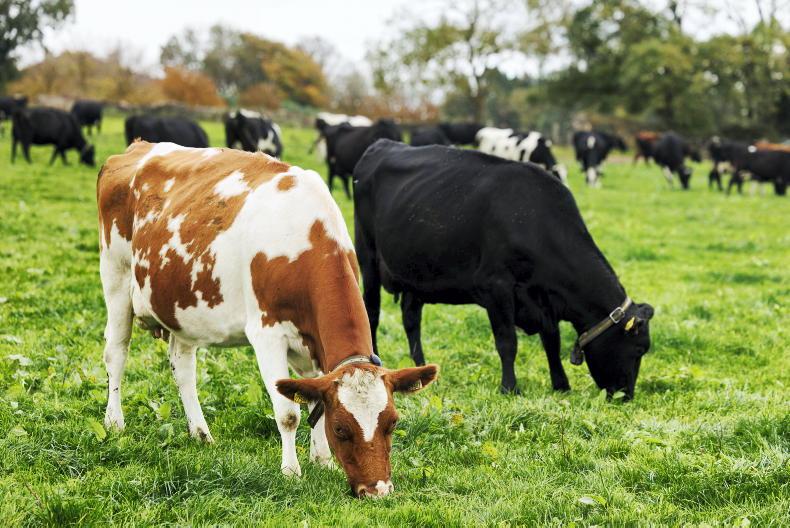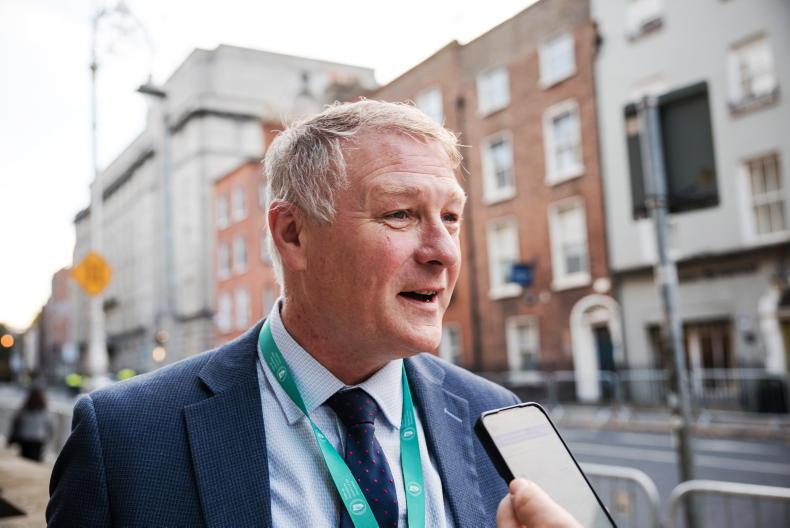With farm lobby organisations and other stakeholder groups still to publicly show their hand, the NI Meat Exporters’ Association (NIMEA) has emerged as the group strongly advocating for a significant share of the £25m COVID-19 aid package to go directly to beef finishers.
The umbrella body, which represents large meat processors in NI, want to see at least £13m going to beef, with a minimum of £50/head paid on cattle killed in the first six months of 2020, and a further £60/head during the six-week period from the end of March.
Justifying that, NIMEA chair Campbell Tweedie argues that at the peak of the crisis it was costing the beef industry in excess of £200/head, or £1.7m per week, in lost product value.
But he also points to the damage done to the wider beef market earlier in the year, which started when the Chinese went into lockdown in January. By February, much of Europe was also in lockdown, resulting in a loss of Chinese and Italian hide markets, and a sharp decline in export prices for manufacturing beef and offal.
“During this period, when it would have been reasonable to expect an improvement in the trade, the market worsened and COVID-19 was a key factor in this decline. Farmgate prices during this period were over £40-£50/head below the three-year average,” said Tweedie.
When UK foodservice outlets closed in March the situation worsened substantially and led to a further £60/head decline in beef prices during that period, he added.
He also points to increased feed prices, and mart closures which impacted the ability of finishers to trade, quoting data from the LMC which shows that cattle movements fell by 37,000 or 55% during the lockdown period.
“These factors also need to be properly reflected in the allocation to beef farmers” said Tweedie.
Debate
The debate around how the £25m should be handed out continues, with the Stormont agriculture committee inviting feedback from across the agricultural industry, and farm lobby organisations to hold a virtual meeting with minister Poots early next week.
When the minister outlined the funding package two weeks ago he made it clear it was primarily for dairy and beef, with the aim to get it paid out in July.
However, as the crisis moves on, other sectors are being hit, with the UFU understood to be arguing that sheep, potatoes and hatching eggs also need support.
No breakdown
On enquiry, the organisation was unable to give a detailed breakdown as to where they want to see the £25m allocated. “We are still in the process of quantifying losses. We want to take the time and do it properly. It is clear that the money is only to compensate for COVID-19 losses, but other sectors have since emerged,” UFU chief executive Wesley Aston told the Irish Farmers Journal.
Read more
NI farms may need more support – Poots
Farmers opting for bounce back loans
With farm lobby organisations and other stakeholder groups still to publicly show their hand, the NI Meat Exporters’ Association (NIMEA) has emerged as the group strongly advocating for a significant share of the £25m COVID-19 aid package to go directly to beef finishers.
The umbrella body, which represents large meat processors in NI, want to see at least £13m going to beef, with a minimum of £50/head paid on cattle killed in the first six months of 2020, and a further £60/head during the six-week period from the end of March.
Justifying that, NIMEA chair Campbell Tweedie argues that at the peak of the crisis it was costing the beef industry in excess of £200/head, or £1.7m per week, in lost product value.
But he also points to the damage done to the wider beef market earlier in the year, which started when the Chinese went into lockdown in January. By February, much of Europe was also in lockdown, resulting in a loss of Chinese and Italian hide markets, and a sharp decline in export prices for manufacturing beef and offal.
“During this period, when it would have been reasonable to expect an improvement in the trade, the market worsened and COVID-19 was a key factor in this decline. Farmgate prices during this period were over £40-£50/head below the three-year average,” said Tweedie.
When UK foodservice outlets closed in March the situation worsened substantially and led to a further £60/head decline in beef prices during that period, he added.
He also points to increased feed prices, and mart closures which impacted the ability of finishers to trade, quoting data from the LMC which shows that cattle movements fell by 37,000 or 55% during the lockdown period.
“These factors also need to be properly reflected in the allocation to beef farmers” said Tweedie.
Debate
The debate around how the £25m should be handed out continues, with the Stormont agriculture committee inviting feedback from across the agricultural industry, and farm lobby organisations to hold a virtual meeting with minister Poots early next week.
When the minister outlined the funding package two weeks ago he made it clear it was primarily for dairy and beef, with the aim to get it paid out in July.
However, as the crisis moves on, other sectors are being hit, with the UFU understood to be arguing that sheep, potatoes and hatching eggs also need support.
No breakdown
On enquiry, the organisation was unable to give a detailed breakdown as to where they want to see the £25m allocated. “We are still in the process of quantifying losses. We want to take the time and do it properly. It is clear that the money is only to compensate for COVID-19 losses, but other sectors have since emerged,” UFU chief executive Wesley Aston told the Irish Farmers Journal.
Read more
NI farms may need more support – Poots
Farmers opting for bounce back loans









SHARING OPTIONS